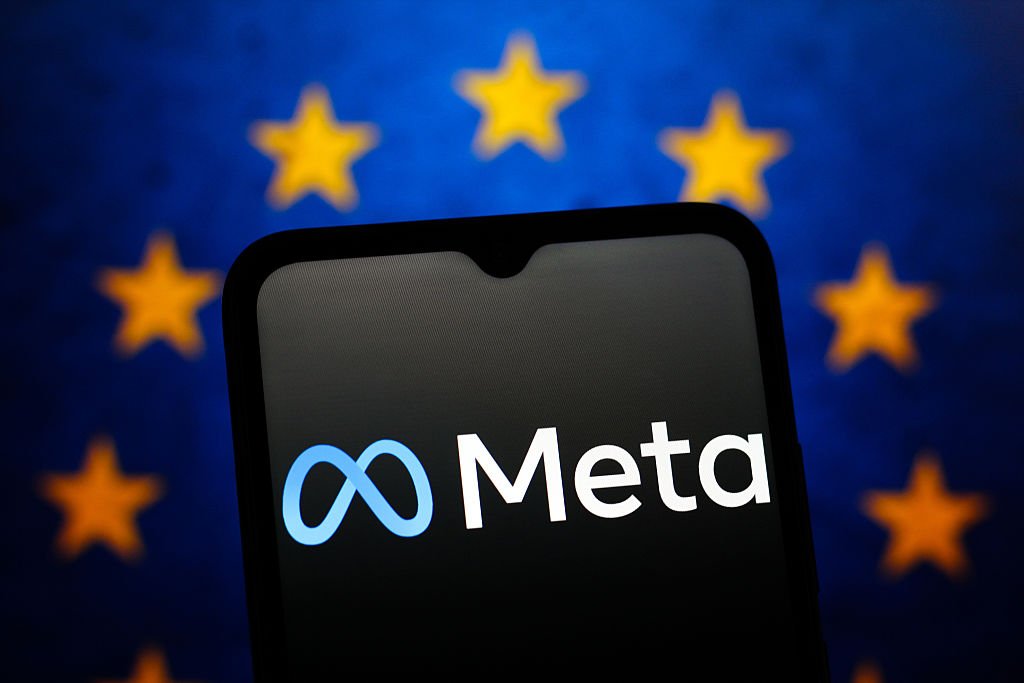Meta and Google Suspend Political Advertising in the EU Amidst New Regulatory Landscape
EU’s Fresh Political Advertising Regulations Trigger Industry-Wide Changes
The European Union has enacted a pioneering law aimed at enhancing transparency and responsibility in political advertising. Known as the Transparency and Targeting of Political Advertising (TTPA) regulation, it mandates advertisers to openly disclose sponsorship information, relevance to elections or referendums, ad spending details, and targeting strategies employed.
Moreover, TTPA imposes strict limitations on using sensitive personal data-such as ethnicity, political opinions, or religious beliefs-for profiling without explicit user consent. Thes measures are intended to safeguard voter privacy while ensuring that political advertisements remain clearly identifiable.
Meta’s Withdrawal from EU Political Ad Market
Reacting to these new regulatory demands, Meta announced it will halt the sale and display of political ads across all European Union countries starting October. The company described compliance with TTPA as “impractical,” highlighting that meeting these requirements would create excessive operational complexity and legal uncertainty for both advertisers and platform operators within diverse EU jurisdictions.
Meta further explained that modifying its services under such constraints would produce an advertising offering misaligned with advertiser goals and user expectations. Consequently,suspending political ad activities was considered preferable over risking diminished service quality or regulatory breaches.
The Financial Impact on meta’s Business Model
This decision carries weight given Meta’s heavy dependence on advertising revenue; globally over 90% of its income stems from ads. Exiting this meaningful segment underscores how stringent regulations can compel major digital companies to rethink their market strategies amid evolving compliance landscapes.
Google Aligns Its Strategy by Pausing Political Ads in Europe
following suit, Google declared plans to discontinue selling political advertisements within the EU by October. Mirroring Meta’s concerns about navigating TTPA complexities across multiple member states’ legal frameworks, Google emphasized that these rules introduce ample ambiguity for advertisers striving for lawful adherence under shifting standards.
A Wider Context: Tech Giants Confront European Regulatory Pressure
This development reflects an ongoing dynamic between leading technology firms and European regulators seeking greater oversight over digital platforms’ societal influence. Recent years have witnessed clashes involving AI governance policies, enforcement actions under legislation like the Digital Markets Act (DMA), restrictions on personalized tracking technologies, among other regulatory efforts.
“Efforts aimed at boosting transparency frequently result in reduced availability of certain products,” industry experts note regarding this trend where stricter controls impact consumer options throughout Europe.
Consequences for Voters and Campaign Advertisers Alike
- For voters: The suspension may limit exposure to finely targeted online political messaging but could also reduce access to diverse perspectives typically delivered through data-driven digital campaigns tailored by micro-targeting techniques.
- For campaigners: advertisers must now navigate intricate compliance requirements or explore choice channels beyond mainstream social media platforms operating within Europe’s jurisdictional boundaries.
- An illustrative exmaple: During Canada’s recent elections where voluntary transparency initiatives were trialed by some platforms resembling TTPA principles researchers observed a 15% decline in micro-targeted ads alongside increased reliance on broader outreach via television broadcasts and radio spots-demonstrating shifts toward mass interaction when granular targeting is restricted.
Navigating Forward: Harmonizing Regulation with Technological Progress
The balance between safeguarding democratic integrity through regulation versus encouraging innovation remains delicate. Governments aim to mitigate misinformation risks linked with opaque online campaigning practices-lessons underscored by events such as Brexit-while tech companies caution against overly restrictive rules that could hamper growth or fragment global markets into incompatible systems.
The upcoming period will be critical in observing how additional firms respond along with potential legislative refinements informed by industry feedback or emerging technological solutions enabling compliant yet effective advertising models aligned with Europe’s evolving legal environment.





